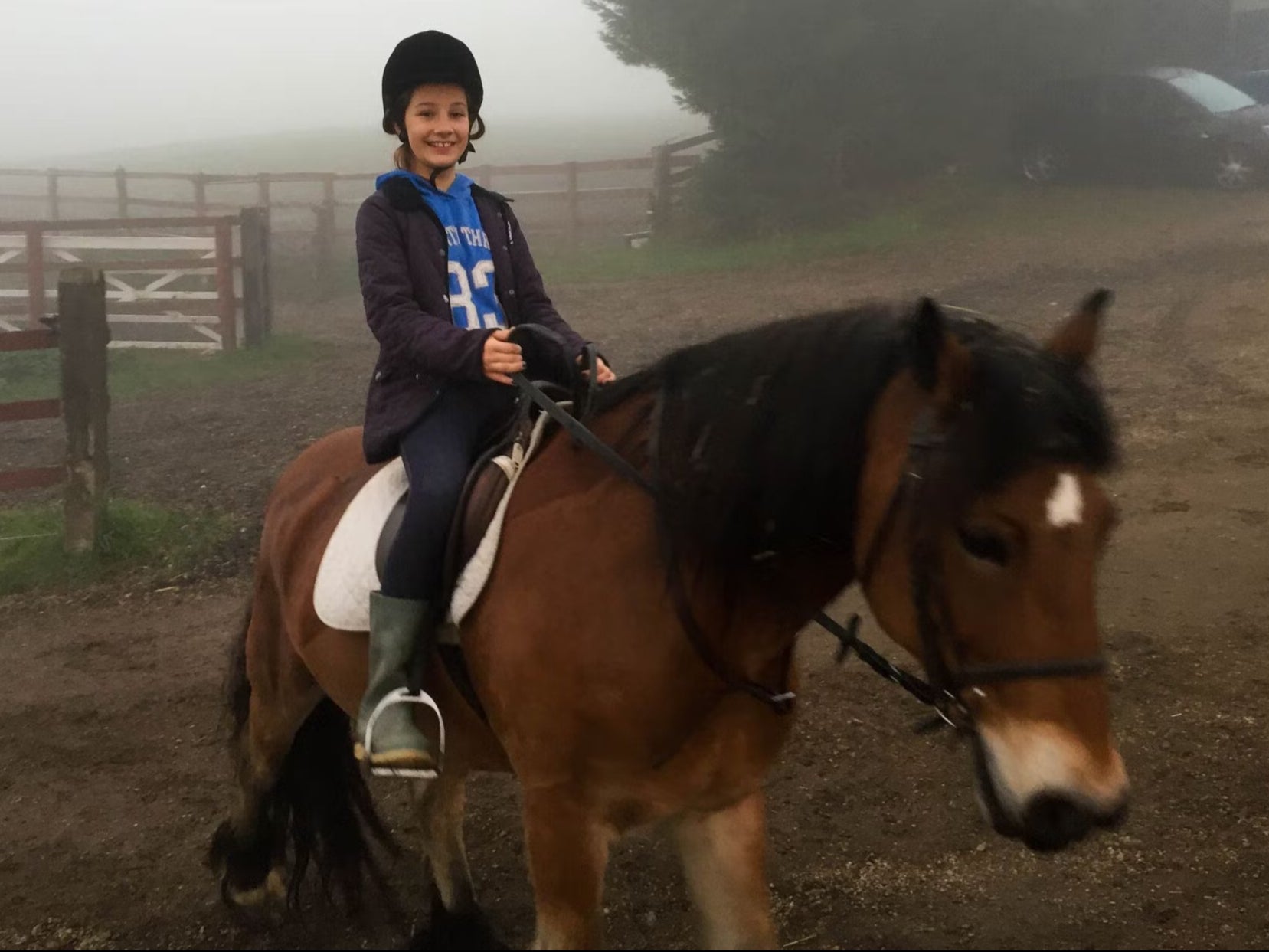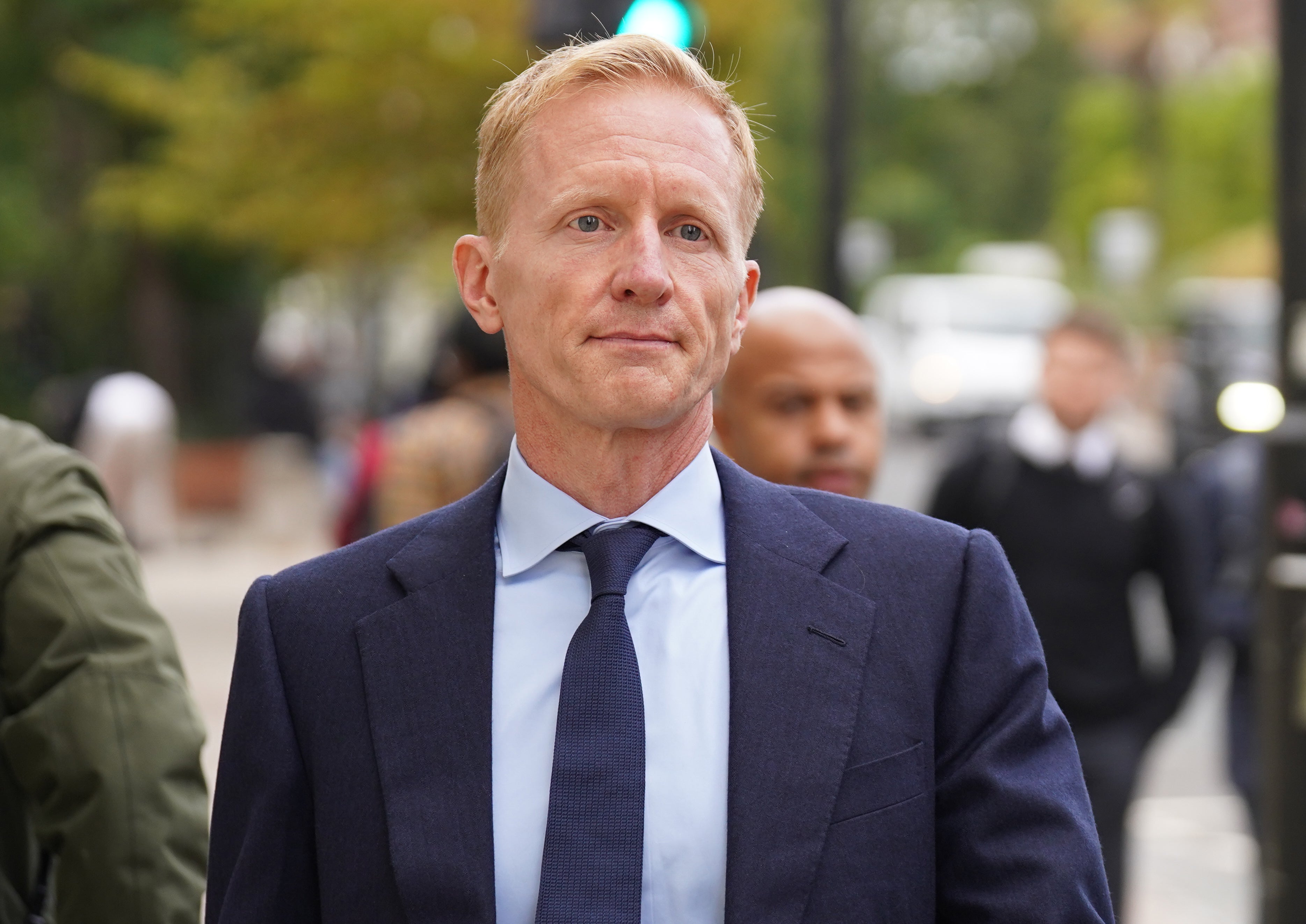‘Disturbing’ self-harm posts seen by Molly Russell left psychiatrist ‘unable to sleep for weeks’
Online content viewed by 14-year-old before her death would have ‘made her feel more hopeless’, inquest told

A child psychiatrist was “not able to sleep well for weeks” after seeing “disturbing” self-harm posts Molly Russell viewed on social media before her death.
Dr Navin Venugopal said the “very disturbing, distressing” content the 14-year-old had engaged with would “certainly affect her and made her feel more hopeless” as he gave evidence at an inquest into her death.
Proceedings were paused for a few moments on Tuesday as the family’s lawyer Oliver Sanders KC told North London Coroner’s Court a “rather unpleasant” Instagram account had been set up using an image of Molly as its profile picture.
In a short statement, a spokesman for Instagram’s parent company Meta said: “This account has been removed from Instagram for violating our policies.”
Molly, from Harrow in northwest London, ended her life in November 2017, prompting her family to campaign for better internet safety.

The inquest heard the 14-year-old had written a note before she died, which Dr Venugopal described as “very sad to look at”.
Under questioning from Coroner Andrew Walker, the witness agreed it was important to recognise “children are not adults”, and that adult matters should not be accessible to children.
Dr Venugopal told the inquest he saw no “positive benefit” to the material viewed by the teenager before she died.
Asking the witness about what effect the material would have had on Molly, the coroner said: “This material seems to romanticise, glamorise, and take the subject of self-harm – take it away from reality and make it seem almost unreal, take away from these terrible acts any kind of consequence.
“You have looked at the material, do you think that the material that Molly viewed had any impact on her state of mind?”
Dr Venugopal replied: “I suppose I will start off, I will talk about the effect the material had on my state of mind.
“I had to see it over a short period of time and it was very disturbing, distressing.
“There were periods where I was not able to sleep well for a few weeks so bearing in mind that the child saw this over a period of months I can only say that she was (affected) – especially bearing in mind that she was a depressed 14-year-old.
“It would certainly affect her and made her feel more hopeless.”

The coroner continued: “Can you see any positive benefit for that material being looked at?”
“No, I do not,” Dr Venugopal replied.
Mr Sanders then took the witness through a number of videos viewed by Molly on Instagram, followed by a note written by the teenager on her phone two days after watching one clip which used “identical language”.
Dr Venugopal told the court: “If they are of that mindset and are seeing these sorts of things, it could have an impact.”
The witness was taken through his reports in which he concluded the content Molly viewed had “exacerbated her sense of helplessness”.

He added that he believed she was “placed at risk” through the self-harm related material she accessed online.
The head of health and wellbeing at Instagram’s parent company Meta and the head of community operations at Pinterest have both apologised at the inquest for content Molly viewed.
Meta executive Elizabeth Lagone said she believed posts which the Russell family argued “encouraged” suicide were safe when the teenager viewed them.
Pinterest’s Judson Hoffman told the inquest the site was “not safe” when Molly used it.
The inquest, expected to last two weeks, continues.
Additional reporting by Press Association



